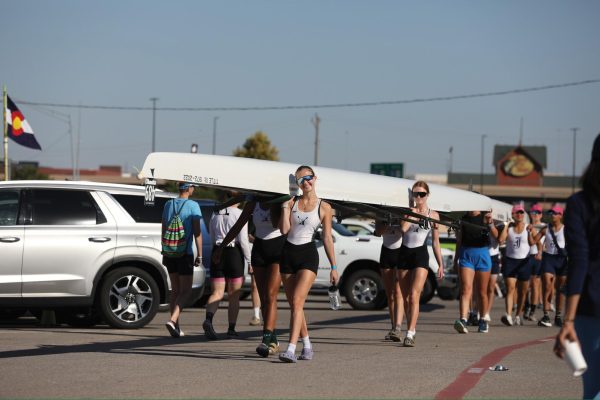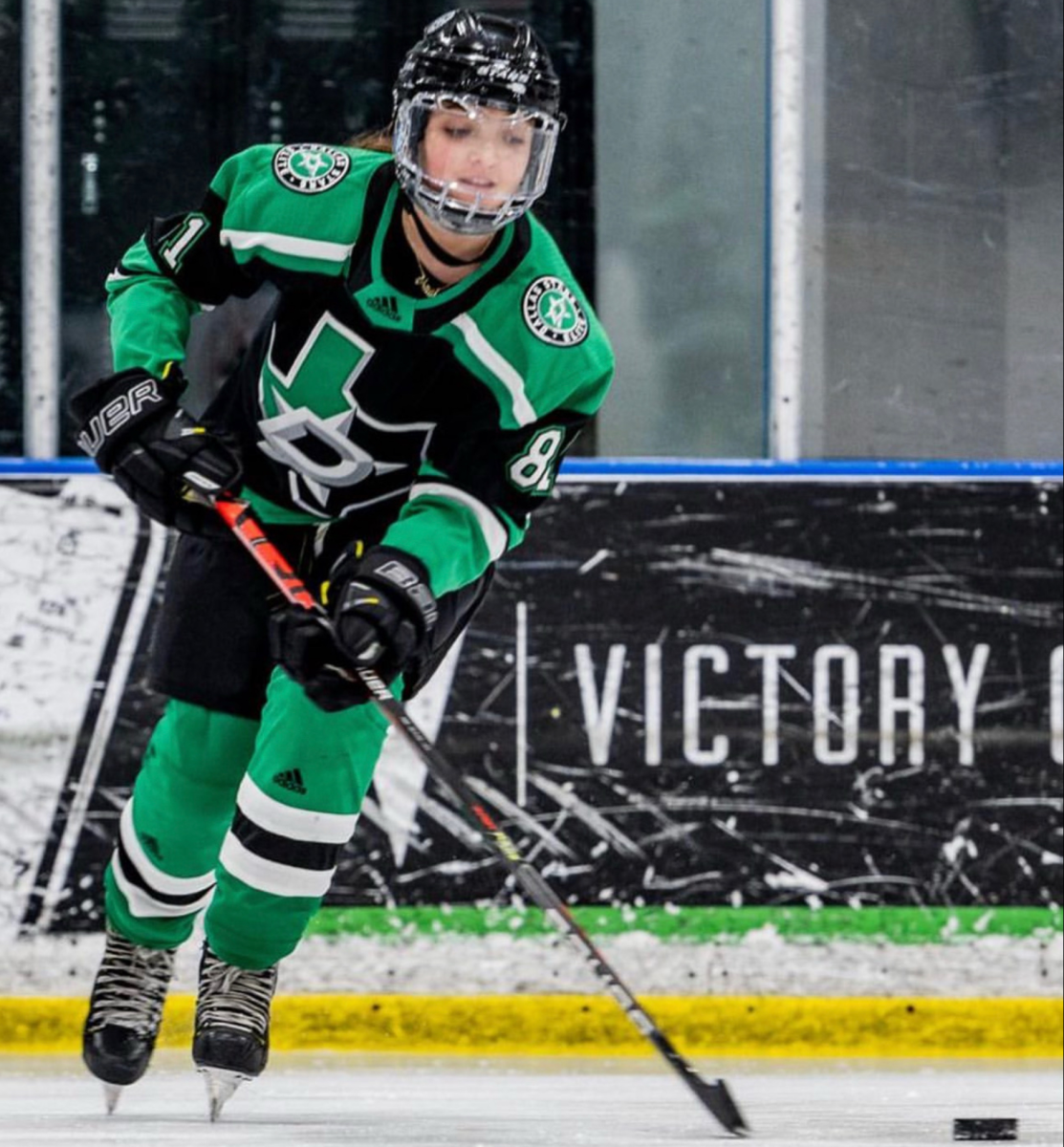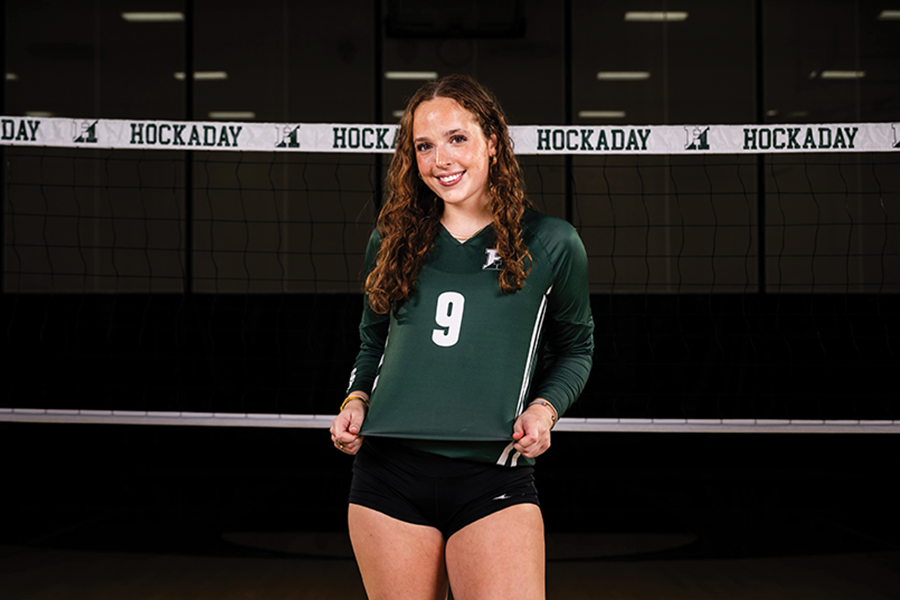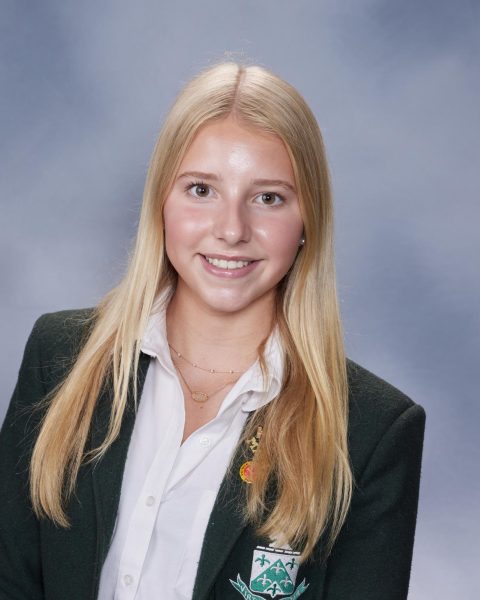Missing school and spending countless weekends away for athletic events can be a struggle for student athletes, but with the help of flexible teachers and organizational skills, these athletes find a balance between school and sports.
“During the spring, I probably miss one and a half weeks total of school,” junior rower Peyton Johnson said.
Missing weeks of school for their sport can sometimes cause stress for rowers when it comes to rescheduling assessments and catching up on many missed classes. Although this is not ideal, many rowers believe that arriving early to a regatta is worth the school they must miss.
“I think going before to prepare really helps you get into the mindset and you’re not just like arriving, racing and leaving,” Johnson said.

While at a regatta, rowers have little time to catch up on schoolwork, as a typical day includes being at the racecourse from 8 a.m. to 4 or 5 p.m., eating team dinner and then going to bed after an exhausting day of racing. Despite this, rowers can complete their work during the long bus or plane rides to and from their regattas.
“The shortest bus ride we have is probably three hours if we’re not flying anywhere, so that’s a considerable amount of time to get your work done,” senior rowing captain Persia Brown said. “It just depends on if you’re mentally in it, and you choose to.”
Due to their frequent absences these athletes must learn how to effectively communicate with their teachers and plan out their makeup assignments.
Brown explained that whenever she misses an exam because of rowing, she tries to reschedule it before her absence to avoid having to study or stress about the exam during her regatta. This solution creates a shorter amount of time to study but one less thing she must catch up on after her regatta.
“I don’t think it affects my grades too much because you can always reschedule things, but it is definitely a burden,” Brown said.
Although missing school is not ideal and creates extra work for the athletes to catch up on later, when the rowers arrive at their regatta, school becomes a second priority.
“Once you get to the racecourse, your mindset changes and you focus more on your race,” Johnson said. “I’ll worry about school after my race.”
In addition to the rowers, the Varsity Volleyball team has traveled out of town four times in six weeks, causing them to miss school each Friday of a tournament.
“It’s difficult at the beginning of the year because you miss a lot of the solid beginning curriculum,” senior volleyball player Zoe Heintges said. “It’s kind of hard to get caught up, but once you do, you miss more school and then get behind again.”
Often times, extensive traveling can cause the athletes’ stress levels to increase as they have to perform both academically and athletically.
“I think [traveling] becomes a lot whenever you’re behind in your classes,” Heintges said. “It doesn’t help whenever you’re missing an entire day of classes. I’ve literally missed more BC classes than I’ve gone to.”
Since athletes have missed school for various tournaments, it has been important for them to learn how to manage their time wisely.
“When I get back, I make sure that whenever I have free time, I use it to finish my work and really prioritize making up everything before I get started on whatever I have that’s new,” freshman volleyball player Clara Gruner said.
As they participate in different events, the athletes ensure to set aside time for studying, while they compete against an elevated level of competition and gain experience.
“You get to play teams that you might not be able to play otherwise, so there’s a lot of opportunities to grow,” Gruner said. “Also, with our team traveling so much, it helps you learn what to do and what to not do when you’re traveling.”
Furthermore, the volleyball team has been able to develop a closeknit family bond through their traveling experiences.
“I believe that the experience and the ability to hang out with your team and bond is beneficial,” Heintges said. “I feel like we’ve gotten close as a team this year because we’ve spent so much time together out of town.”
As a result, athletes know that they can rely on their teammates along with their teachers for support while facing the challenges of missing school.
“I think missing school partly affects my overall academic performance and my grades, but teachers are also really understanding, and you can get extensions when they allow it,” Heintges said.
Many athletes also use a to-do list or planner to help manage their stress loads and organize their assignments. In addition, they meet with their teachers once they return and try to understand the material they missed.
“Traveling makes stuff a lot harder,” Gruner said. “I get behind really fast, but at the same time teachers really work with me, and it ends up getting better as long as I use all the time I have available.”








